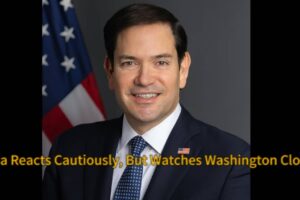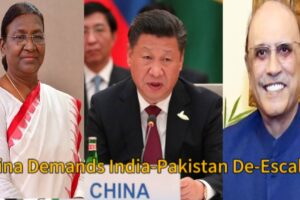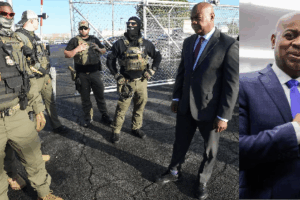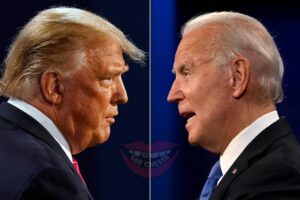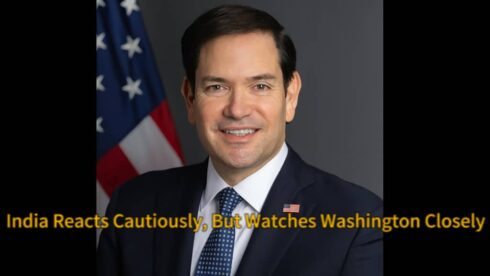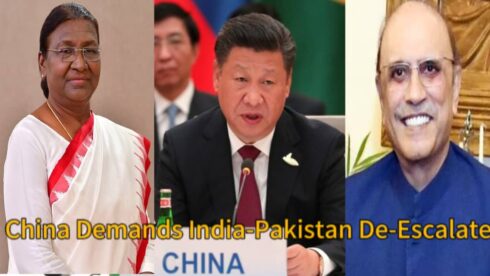U.S. Secretary of State Marco Rubio has initiated a bold diplomatic maneuver by offering to mediate “constructive dialogue” between nuclear-armed neighbors India and Pakistan. Speaking from Washington, Rubio emphasized the United States’ “moral and strategic responsibility” to prevent further destabilization in South Asia, calling the Kashmir conflict “a tinderbox of tragic potential.”
Marco Rubio’s announcement came hours after a phone call with Pakistan’s Chief of Army Staff, General Sahir Shamshad Mirza, where he urged “maximum restraint and de-escalation” along the Line of Control. The call marks the first high-level American outreach under the Rubio-led State Department to directly involve Pakistan’s powerful military in peace overtures, raising eyebrows in New Delhi.
Strategic Stakes Behind Marco Rubio’s Outreach to Pakistan’s Military
Marco Rubio, a veteran senator turned diplomat, defended his decision to bypass Pakistan’s civilian leadership and directly contact General Mirza, claiming that “real levers of power in Islamabad lie within GHQ, not Parliament.” This pragmatic, if controversial, statement has sparked a flurry of political debate across South Asia, with critics calling it an affront to democratic norms.
However, Rubio has framed his move as “realism over rhetoric,” acknowledging the Pakistani army’s historical dominance in foreign and security policy. Analysts suggest Rubio is attempting to replicate Cold War-era diplomacy by engaging with “the actual centers of command” to engineer a meaningful thaw in Indo-Pak ties, particularly in the wake of recent skirmishes in Poonch and Gilgit.
India Reacts Cautiously, But Watches Washington Closely
Marco Rubio stated that he had also reached out to India’s External Affairs Minister, Subrahmanyam Jaishankar, offering to serve as a “neutral facilitator of dialogue” under the umbrella of the United Nations Charter and international law. India’s official response has so far been measured, reaffirming its longstanding stance that “all issues with Pakistan are bilateral in nature.”
Despite this, behind closed doors, diplomatic insiders in New Delhi acknowledge that Rubio’s assertive approach has drawn attention. While wary of third-party involvement, Indian officials are reportedly intrigued by Washington’s willingness to pressure Rawalpindi — not just Islamabad — as a sign of seriousness in controlling extremist proxy activity from across the border.
Critics Slam US ‘Meddling’, While Others Applaud Bold Diplomacy
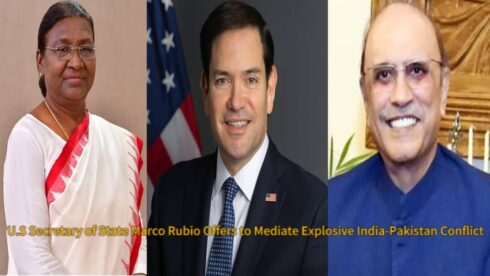
Marco Rubio has come under criticism from both sides of the aisle and international observers, with some branding the U.S. move as “imperialist meddling” that could backfire. A Pakistani lawmaker from the opposition Jamaat-e-Islami said Rubio’s actions “legitimize the military’s unconstitutional supremacy” in civilian affairs. Meanwhile, Indian hawks warn of “external intrusion into sovereign issues.”
However, pro-dialogue advocates in both countries have praised Rubio’s initiative. Human rights groups in Kashmir and think tanks in Washington have welcomed the effort as a potential breakthrough after years of diplomatic freeze. Rubio insists that “silence is not a strategy,” and the cost of inaction could be catastrophic in the world’s most densely militarized region.
Timing Matters: Marco Rubio’s Gamble Amid Global Realignments
Marco Rubio emphasized that the world is witnessing a “tectonic shift in geopolitical alignments,” and failure to act in South Asia could embolden “revisionist forces,” a thinly veiled reference to China’s growing influence. His remarks suggest that the U.S. sees India-Pakistan normalization as crucial to stabilizing the Indo-Pacific arc and countering Beijing’s Belt and Road Initiative.
Observers note that Marco Rubio’s timing is deliberate. With Pakistan facing economic meltdown and India positioning itself as a global power post-G20 presidency, the U.S. sees a rare window for nudging both toward détente. “Peace isn’t just possible; it’s necessary, and it’s profitable for all sides,” Rubio declared, hinting at future multilateral economic frameworks contingent on regional calm.
Future Scenarios: Dialogue, Deadlock, or Detonation?
Rubio concluded his press briefing with a stark warning: “If we do not engage, we enable escalation.” He underscored that the United States is prepared to convene backchannel dialogues through Qatar or the UAE and deploy senior envoys to both capitals to prevent another cross-border crisis.
Yet, the path forward remains fraught. While Rubio’s overture has opened diplomatic space, the entrenched distrust, political rigidity, and volatile domestic landscapes in both India and Pakistan could still render peace elusive. As Rubio himself admitted, “This is not about handshakes or headlines — it’s about hard choices, made in back rooms, for a safer world.”



